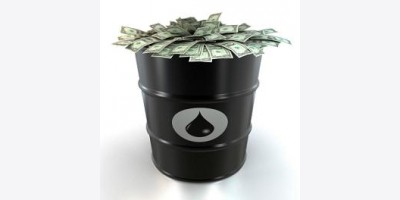New EIA data sparked yet another sell off for crude oil, with WTI declining by more than 4 percent on August 19, and Brent down by 3.8 percent. The last time oil was this low, the global economy was digging out of a massive financial meltdown.
This time oil is low because of the largest supply bust in a generation, and the latest EIA data underscored that the worst may not be over yet. EIA released data showing a surprise uptick in oil inventories, which jumped by 2.6 million barrels over the past week to 456.2 million barrels. The build was not extraordinary, but following private sector estimates that predicted a drop, the increase sparked bearish sentiment about the state of crude oil markets.
The excess in storage could grow worse if the outage of BP’s Whiting refinery – estimated to be about 120,000 to 140,000 barrels per day in refinery capacity – leads to more crude oil diverted to Cushing for storage.
With oil supply still outpacing demand, prices may not move up in the short-term. The EIA expects WTI to average just $49 per barrel for 2015, and only $54 per barrel next year, a sharply lower prediction than last month’s estimate of $55 for 2015, and $62 for 2016.
“Balances point to further oversupply throughout 2015 begging the question how low can oil go,” analysts from Citigroup said in a new report. Citigroup said that breaking through the lows of $32.40 witnessed during the financial crisis in 2008 “is a conceivable reality.”
On the other hand EIA also estimates that weekly production declined in the U.S. by almost 50,000 barrels per day last week, which is further evidence that low oil prices are forcing a cutback in production, although a little too slowly for oil prices to adjust upwards.
And as Citigroup noted in its report, the “capital markets are getting nervy.” That means that if oil prices stay depressed, markets could begin to abandon weak drillers, and the ability of these companies to fund operations through debt and equity could deteriorate. That could lead to more bankruptcies and a sharper cutback in production. At that point, oil prices could start to come back up.
But the big question is: when and how quickly will that adjustment take place?
By Charles Kennedy of Oilprice.com























